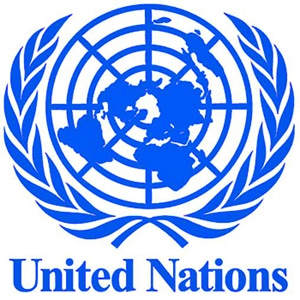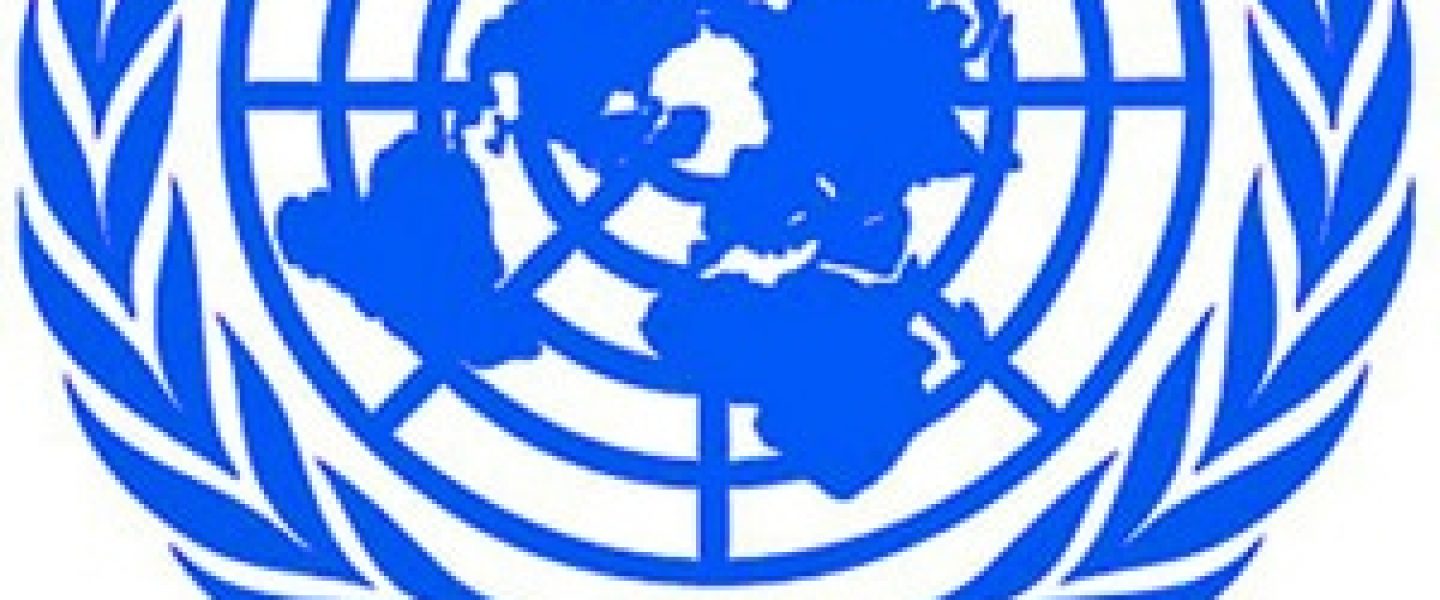 The United Nations 2015 World Drug Report, released Friday, details the failure of and harms caused by the war on drugs, but doesn’t grapple with the fact that problems such as alarmingly high overdose rates, control of the trade by organized crime networks and illegal sales funding terrorism are caused by the very prohibition policies the international body still supports.
The United Nations 2015 World Drug Report, released Friday, details the failure of and harms caused by the war on drugs, but doesn’t grapple with the fact that problems such as alarmingly high overdose rates, control of the trade by organized crime networks and illegal sales funding terrorism are caused by the very prohibition policies the international body still supports.
Also on Friday, activists in more than 150 cities around the world called attention to the failure of the war on drugs, including with a march from the U.S. State Department to the White House to demand that the Obama administration do more to bring about an end to international prohibition policies and the human rights violations they cause.
The day of action, called “Support, Don’t Punish,” coincides with the United Nations International Day Against Drug Abuse and Illicit Trafficking — which some governments use to focus on prevention and awareness, but which others have used to highlight large drug busts and seizures, or even to carry out executions. U.S.-based activists are particularly concerned that the Obama administration isn’t doing enough to ensure that international aid isn’t used to support the death penalty for nonviolent drug offenses.
“The World Drug Report has dutifully laid out what some of the key harms of the current system are. But the report fails to note that the system itself is a cause of those harms, not a solution for them,” said David Borden, executive director of StoptheDrugWar.org, which co-organized the D.C. march. “Prohibiting drugs sends both use and the trade in drugs into a criminal underground, generating untold profits for drug lords and causing terrible harms to many users. We were at the State Department today because we think the U.S. should get behind efforts to reform the UN drug conventions. It doesn’t make sense to maintain a treaty structure that is based on prohibition while the U.S. and other countries are taking steps toward legalization.”
The day of action is intended to help frame the debate in advance of a UN General Assembly Special Session on Drug scheduled for next April, where countries have the opportunity to revise international treaties that threaten to stand in the way of reforms such as marijuana legalization and harm reduction measures like syringe exchange.
The new UN report contains several alarming passages detailing the failure of the drug war, such as:
* “Global opium poppy cultivation in 2014 reached its highest level since the late 1930s.”
* “The nexus between organized crime and terrorism – in which illicit drug trafficking appears to play a role – poses a serious threat…”
* “[Increasing] illicit flows [from drug trafficking] bring with them other forms of organized crime, and undermine security, health and development in an already-fragile region [Africa].”
* The past year saw “little change in the overall global situation regarding the production, use and health consequences of illicit drugs.”
The report is online at https://www.unodc.org/
“The purpose of ‘Support, Don’t Punish’ is not only to spread global awareness about the failures of prohibition, but to demand that world leaders place human rights at the forefront of any conversation around global drug trafficking,” said Jake Agliata, regional outreach coordinator for Students for Sensible Drug Policy, an organization with chapters on hundreds of campuses worldwide and which coordinated the D.C. march. “Executing people for nonviolent drug offenses is not acceptable, and the State Department should take steps to ensure that our tax dollars never contribute to this archaic practice.”
Last month, a coalition of more than 100 organizations, including the American Civil Liberties Union and Human Rights Watch, released a sign-on letter calling on nations to begin the process of revising the drug control treaties. The letter is online at https://stopthedrugwar.org/
A full list of events from Friday’s global day of action is at https://supportdontpunish.org/
StoptheDrugWar.org works for an end to drug prohibition worldwide, and an end to the “drug war” in its current form. We believe that much of the harm commonly attributed to “drugs” is really the result of placing drugs in a criminal environment. We believe the global drug war has fueled violence, civil instability and public health crises; and that the currently prevalent arrest- and punishment-based policies toward drugs are unjust.








